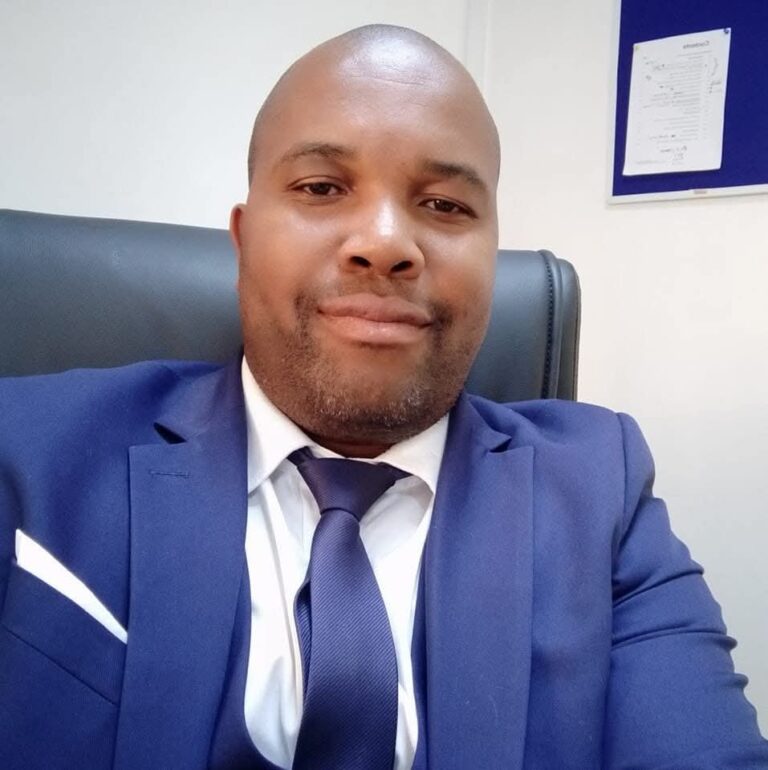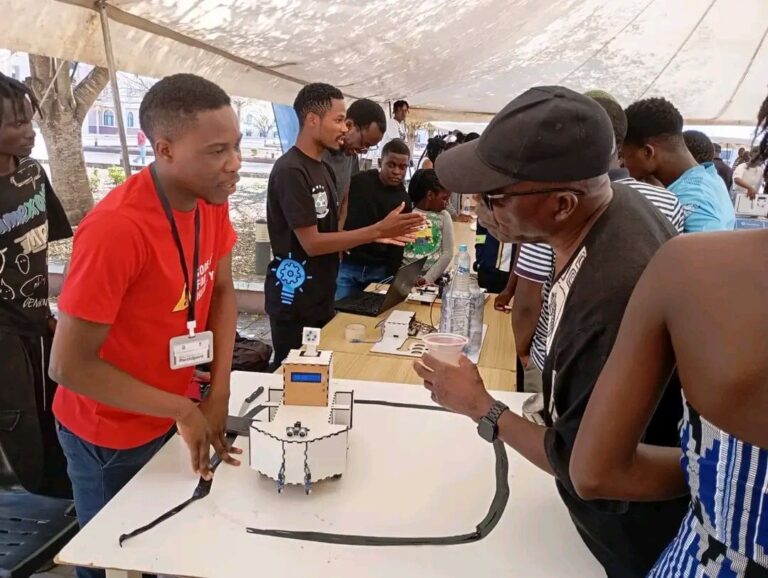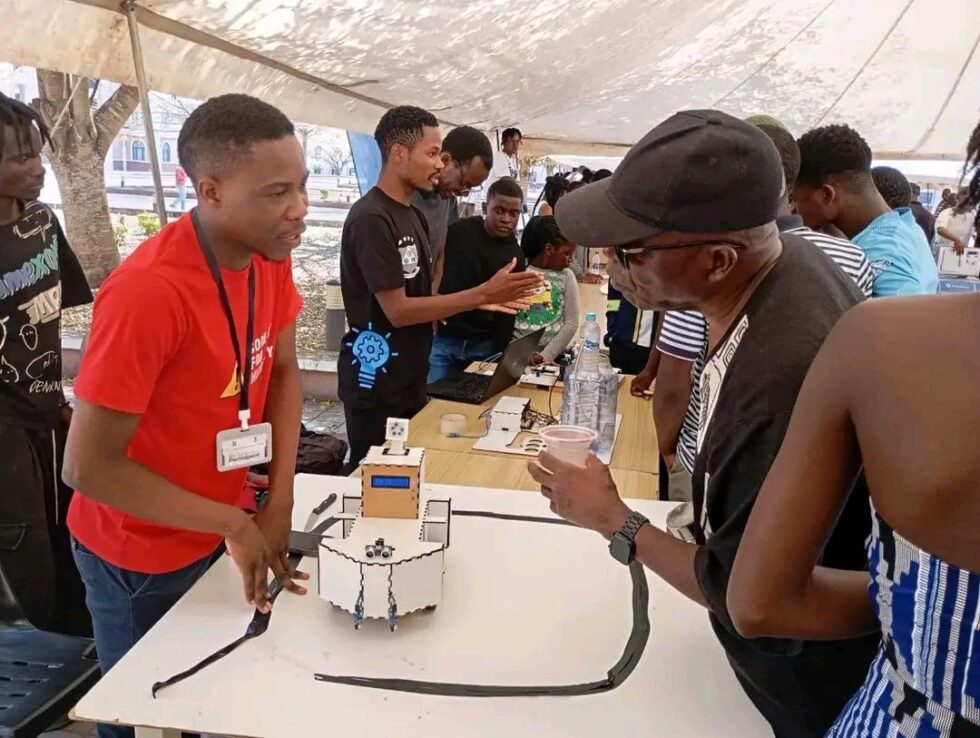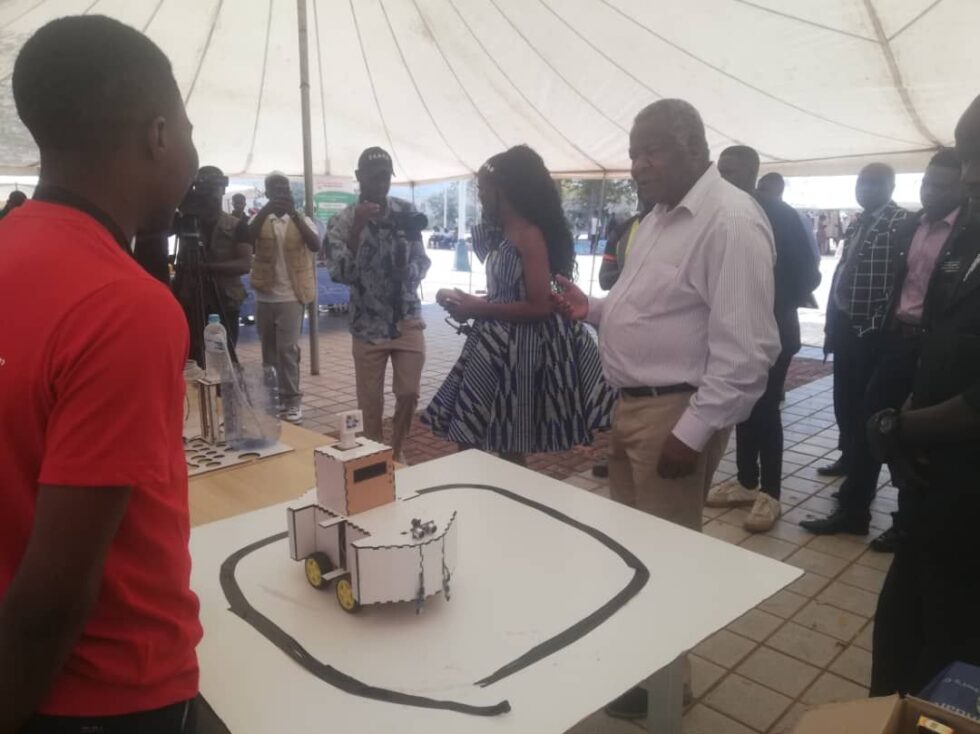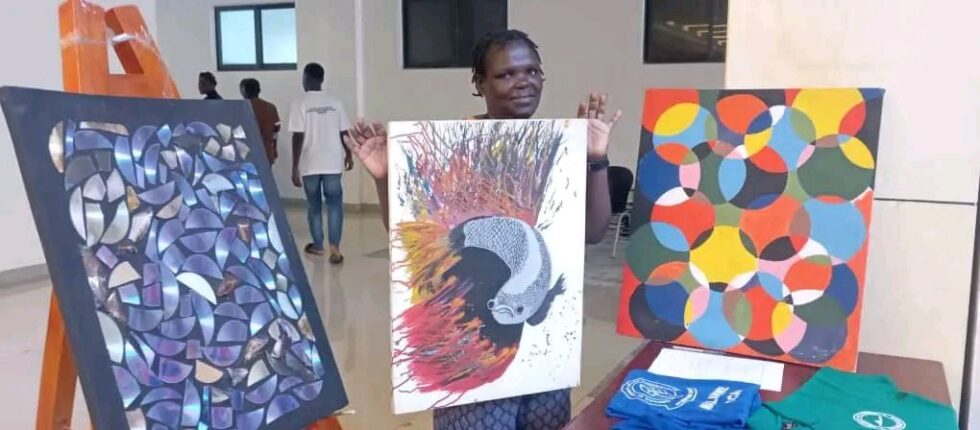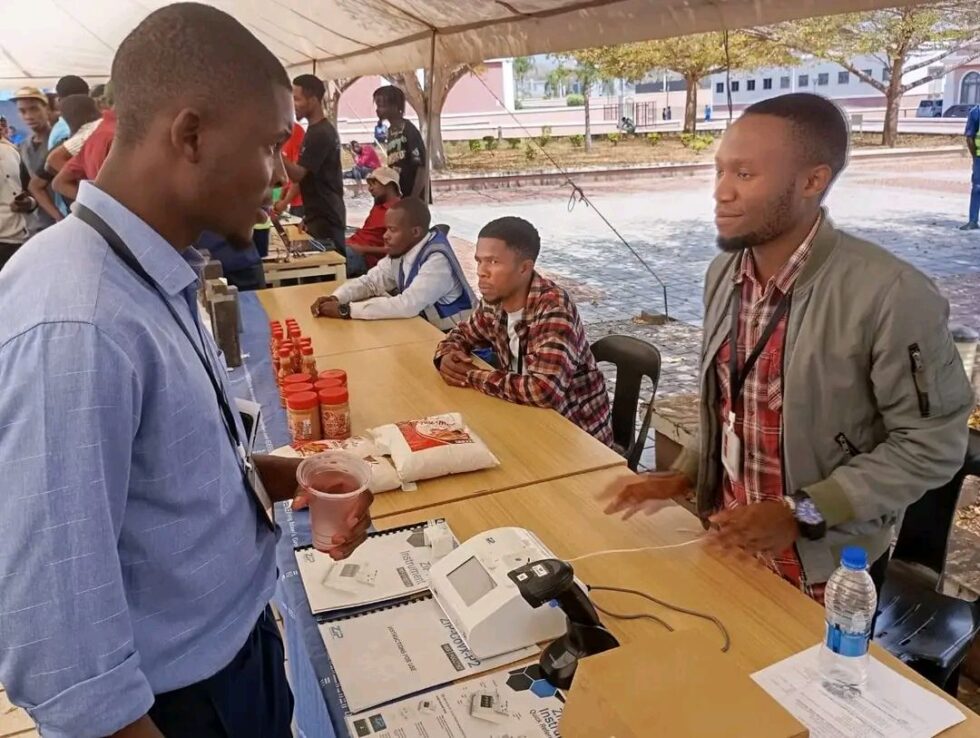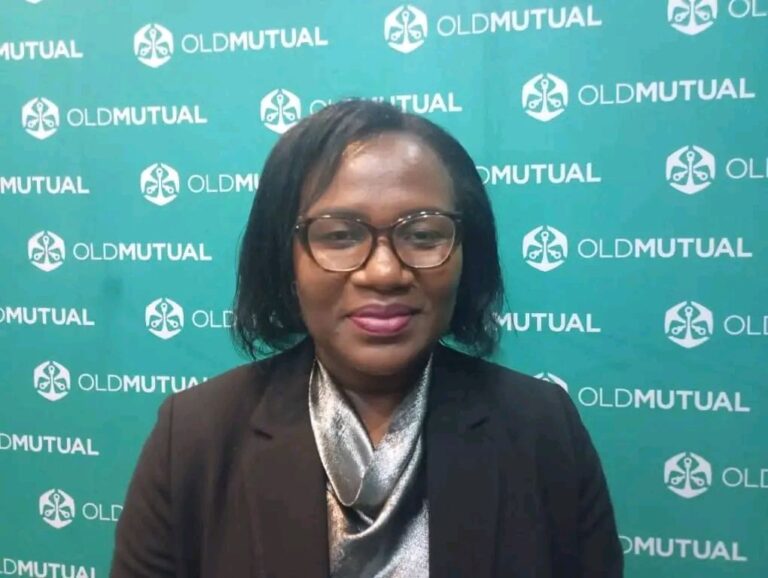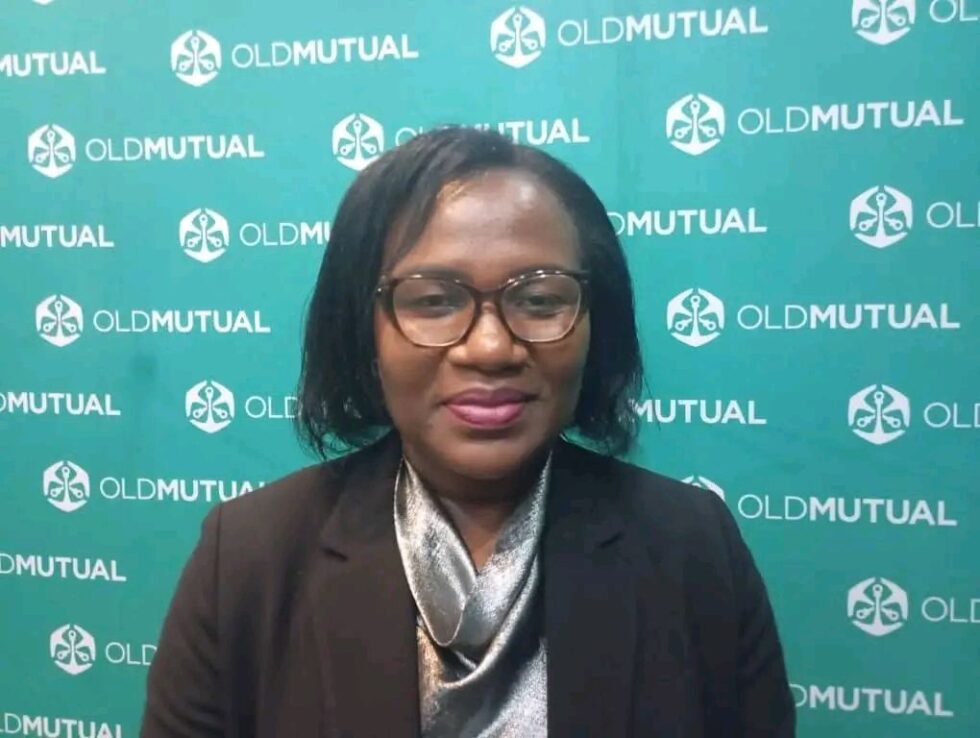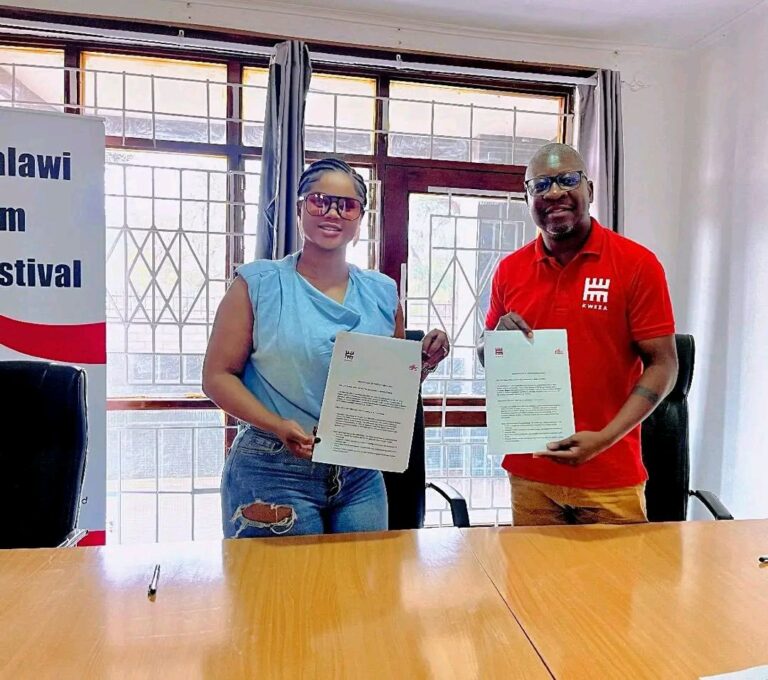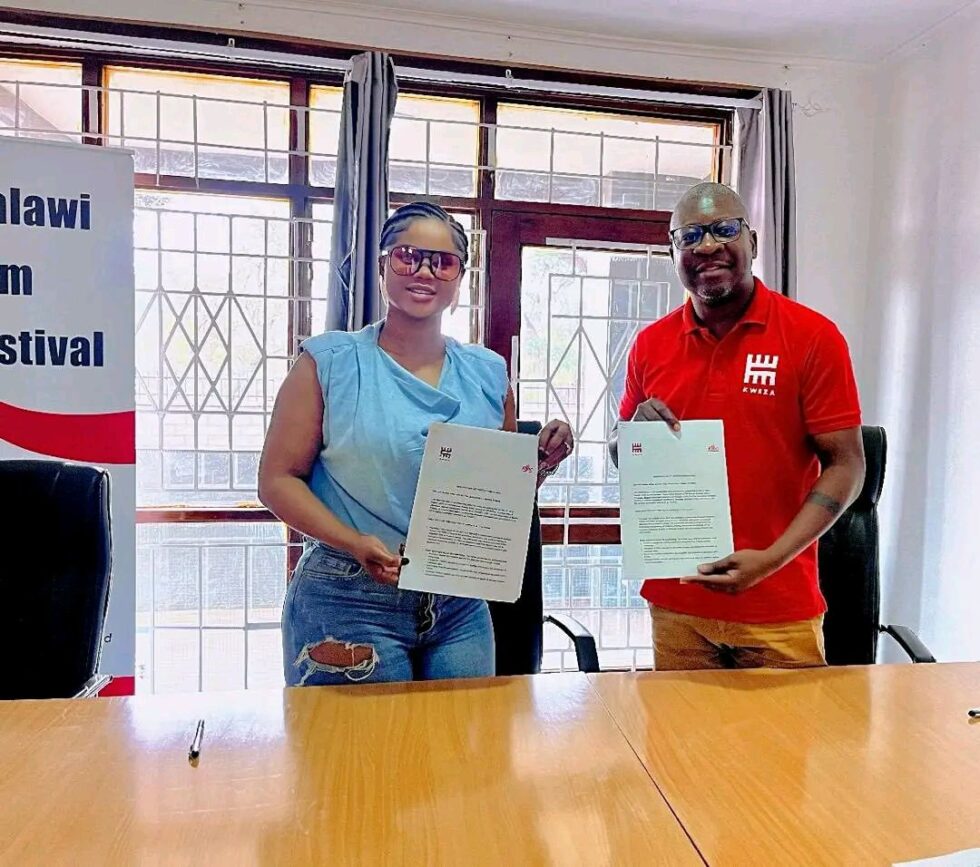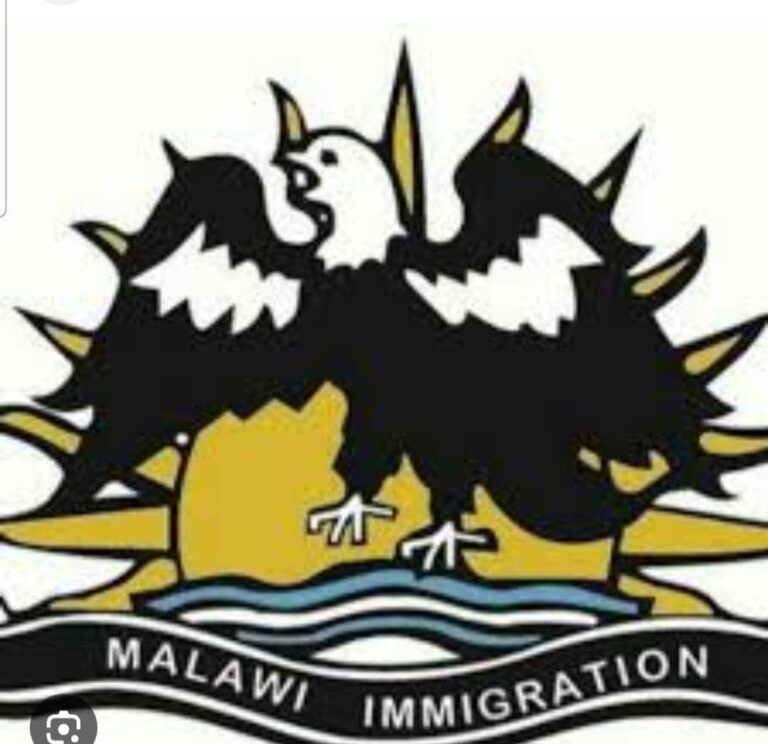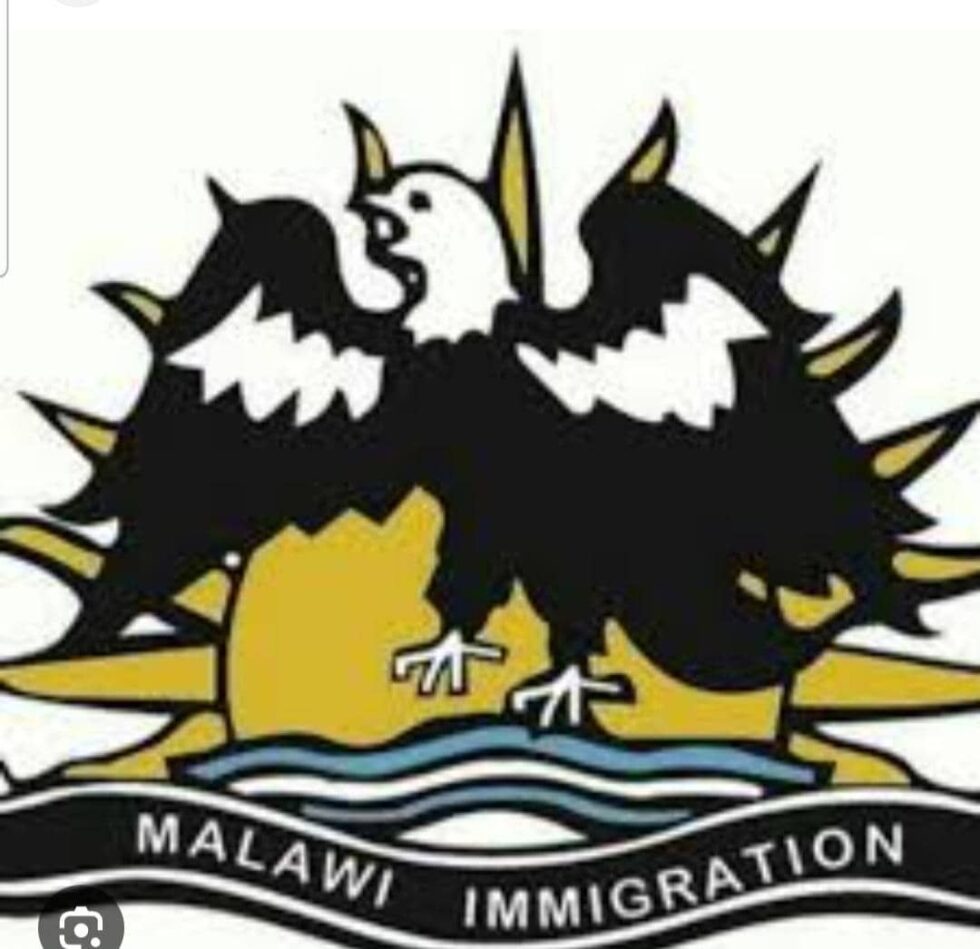By Chisomo Phiri
A Malawian pastor, writer, and finance professional, Daniel Walusa, has released a Christian book titled When the Last Trumpet Sounds aimed at preparing believers for the imminent return of Jesus Christ.
In an interview with 247 Malawi News, Walusa explained that the book launched on Saturday, August 16, 2025, carries the main message of the urgency of preparing for the return of Christ.
He emphasized that Jesus is coming soon to take His people, and while some will be taken, others will be left behind.
However, he noted that even those left behind may still have a chance at salvation, though they will go through great tribulation.
The author said the inspiration behind the book stems from his study of biblical timelines found in the books of Hosea, Daniel, Revelation, and the Gospels, along with observations of current global events, particularly in Israel.

He said these signs clearly indicate that the world is nearing the end of the age.
Walusa urged people to discern the times and prepare their hearts accordingly.
He said God instructed him to make the book freely available to everyone, in keeping with the principle that the gospel should not be sold.
He said the book can be downloaded at no cost on:Download When the Last Trumpet Sounds
Commenting on the current state of the country’s writing industry, Walusa, who has been a writer for over 30 years, expressed concern about declining interest in informative content.
He remarked that modern audiences often prefer entertainment, such as memes, over content that could educate or uplift them spiritually and intellectually.
In his closing remarks, Walusa urged people to take advantage of the book while it is still accessible.
He warned that a time may come when the true gospel will no longer be freely available due to increasing censorship.
Quoting Amos 8:11–13, he highlighted a prophetic warning about a spiritual famine not of bread or water, but of hearing the word of the Lord.
“People should download and read now. One day, access to the true gospel may be gone. The time to prepare is now,” he said.
Walusa began his writing journey during his secondary school years between 1997 and 2000.
He served as a reporter and later as the editor of his school magazine.
He continued writing at Mzuzu University as a contributor to the Luwinga Focus magazine, and later at the Polytechnic, where he began authoring his own books.
Over the years, he has published several works including Success in Academics and Career (Volumes 1 and 2), How to Make the Word Work, and When the Last Trumpet Sounds.
He also continues to write and publish the Greater Life Daily Devotionals.
He currently serves at GUB Church.
In addition to his ministry work, he contributes to the online publication Malawi24, and professionally works as a finance manager and entrepreneur.



